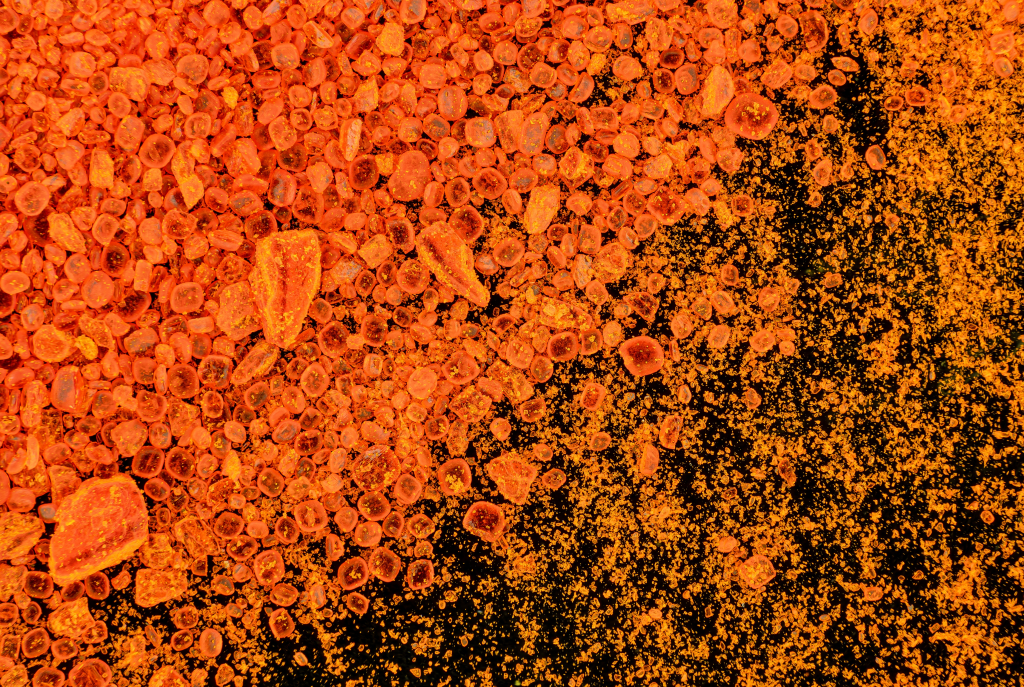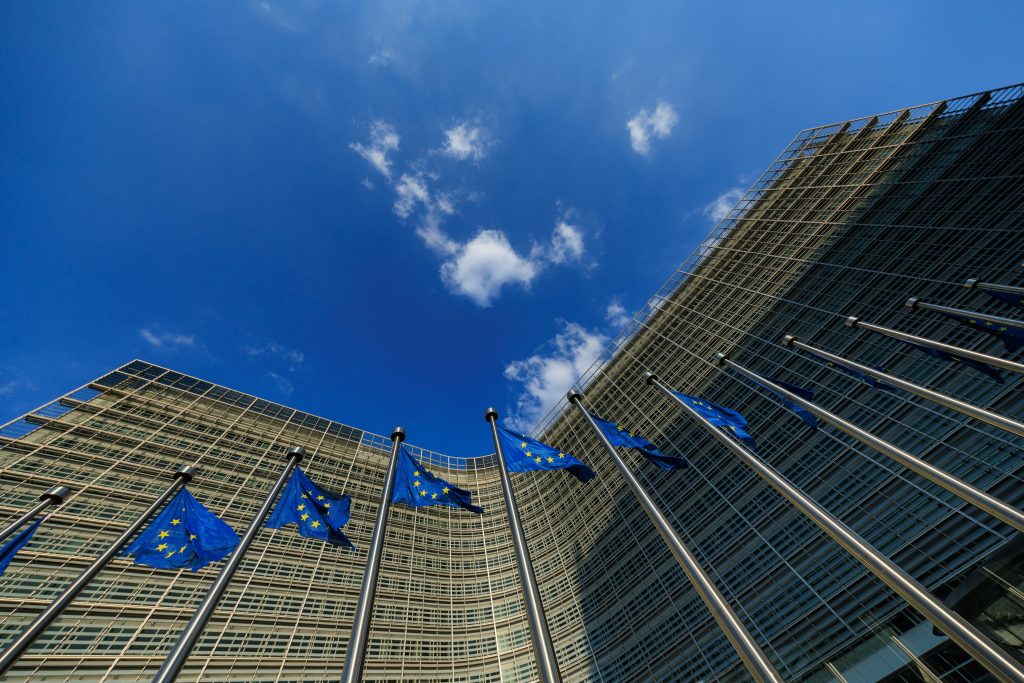Every so often, the European Patent Office issues a decision on a case which has important consequences for other patent applicants. The recent decision T1085/13 (discussed in greater detail here) has implications for how purity claims are assessed at the EPO and may be seen as patentee-friendly, particularly for the pharmaceutical sector, as it likely makes it easier to obtain and extend protection for APIs.
Purity claims are patent claims that protect a compound at a certain level of purity. They may be seen when previously available purification techniques were not good enough to allow the compound to be purified to that extent and the applicant has found a new and improved purification technique to remedy this.
These sorts of claims are especially valuable where a certain purity is required, such as in the pharmaceutical sector.
Previously in Europe, the bar for getting these types of claims granted was higher for applicants. If the compound itself was already known (irrespective of its purity), then it was necessary for applicants to show that no available purification technique was suitable for preparing the compound at the higher level of purity. This was quite a large burden and, if applicants did not have the resources, could result in these lines of protection being abandoned.
The consequence of this decision is that it is now easier for applicants to obtain purity claims.
This assists applicants in obtaining an additional layer of protection, strengthening their IP portfolio and adding value. As a result, applicants may also find it easier to lengthen the duration of protection for an API. For some industries, longer patent protection – even if it is only a few days of exclusivity – can make a noticeable difference to income.
If purity is important to your business and you wish to discuss how this may impact your IP strategy, contact us via gje@gje.com or (0)20 7655 8500.





